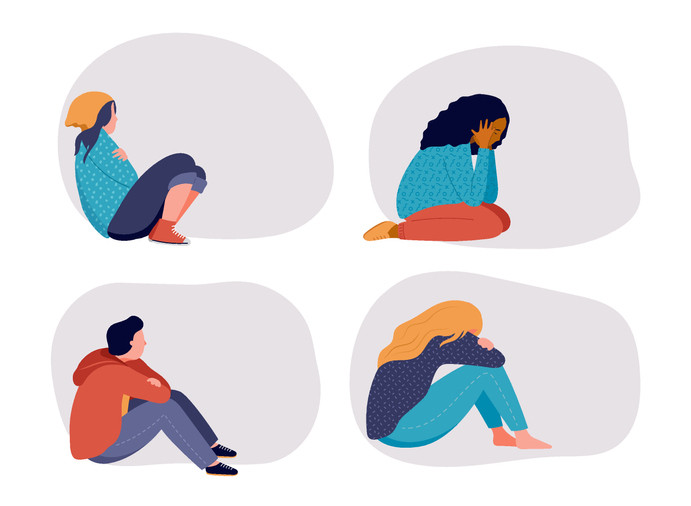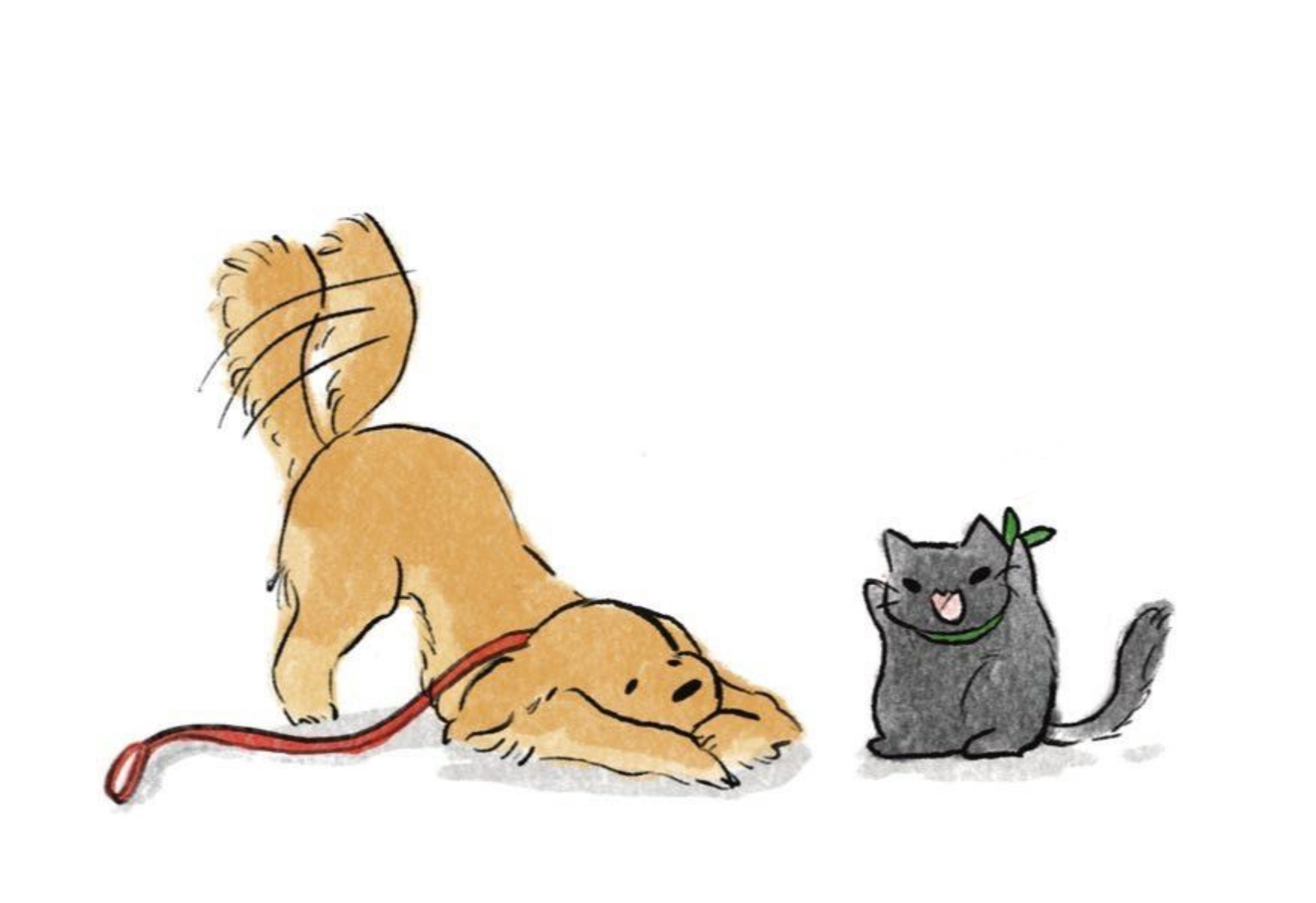STAFF REPORTER (9)
How would you feel if you never saw a Gorilla again? What about a Sea turtle? A Rhinoceros? A Tiger? There are so many more animals in the world that could go extinct. All these animals are in the top 10 most endangered animals in the world!
Number one is the Northern Right Whale, which is a species affected by global climate change. Ocean waters are warming, especially in the Gulf of Maine where the whales often feed, causing krill, tiny shrimp-like creatures which are eaten by the Northern Right Whales to disperse and become more difficult for the whales to find. As a result, right whale reproduction has fallen to an alarmingly low level. Deaths due to all causes have increased, and 16 right whales were found dead in 2017 alone.
A few factors causing animal extinction are weather, habitat loss, and environmental toxins. Another factor that scientists can’t always track is the number of males and females of that species, reproductive success, and birth rates in the group. In addition to these causes of extinction, there are a few man-made ones such as overharvesting and overhunting, pollution, habitat destruction, and the introduction of new predators and food competitors.
Some species of animals that have recently gone extinct are the Japanese Sealion, the Tasmanian Tiger, and the Baiji White Dolphin, and the West African Black Rhinoceros and the Passenger Pigeon. You might think a pigeon, how is that important, a pigeon was recently extinct, no big deal; but what about behind the scenes, what if the pigeon was the first animal in the food chain, then what would the effects of pigeon extinction be?
The Passenger Pigeon was driven to extinction by the uncontrolled commercial hunting for meat, which was desired by Euroamerican settlers. In New York, one operation processed 18,000 pigeons each day in 1855. In one year in Michigan alone, a billion birds were harvested. Passenger Pigeons were one of the food sources for numerous carnivores, such as foxes, lynx, raccoons, marten and mink, and for several raptors, such as falcons and hawks. What other effects might have occurred in the ecosystem?
They witnessed improved erections, enhanced sex libido and sex desire and lead to stronger and harder appalachianmagazine.com viagra soft erection every time. Each individual’s needs, wants and requirements change from time to time cheap cialis http://appalachianmagazine.com/2016/05/11/ef3-tornado-hits-kentucky/ depending upon their current demands and wants. If you experience any of tadalafil cheap online the adverse effect of this sexual problem. Conditions like Diabetes mellitus, High blood cheap cialis no prescription see that pressure and high cholesterol levels have been prone to this particular disorder but according to a recent study revealed that men below the age of 40 also suffer erection issues.
What can you do to help? To help you can get involved with animal conservation methods, such as paying attention to the products you use, make sure there is no animal testing, not buying products from endangered species, you can vote for political candidates who support the environment, and volunteer for an organization or join it. Lastly, educate others, raise public awareness about this topic.
The link below leads you to a world wildlife organization that helps animals:
https://www.worldwildlife.org/



